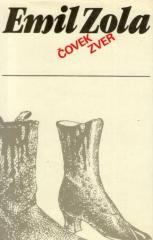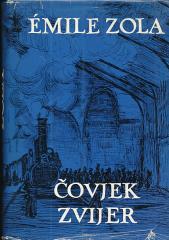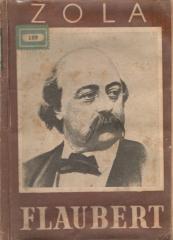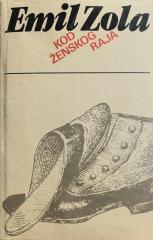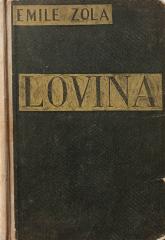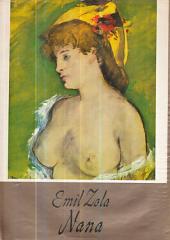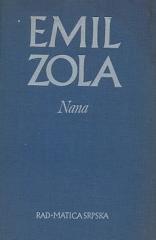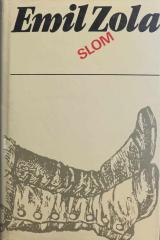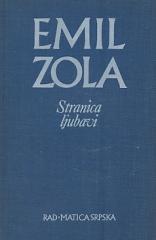Émile Zola
Emil Zola (1840 – 1902) bio je jedan od najznačajnijih francuskih pisaca i osnivač naturalizma u književnosti. Rođen je u Parizu, a detinjstvo je proveo u Eks an Provansu. Posle očeve smrti, porodica je zapala u siromaštvo, što je snažno uticalo na njegov kasniji rad.
Zola je svoju karijeru započeo kao novinar i književni kritičar, a međunarodnu slavu stekao je svojim opsežnim romanom „Tereza Rakin” (1867), koji je najavio naturalistički pristup – prikazujući ljude kao proizvode njihovog nasleđa i društvenih uslova. Najveći deo njegovog stvaralaštva je ciklus „Rugon-Makar“ (1871–1893), koji se sastoji od 20 romana, u kojima prikazuje francusko društvo tokom Drugog carstva kroz sudbine jedne porodice. Među najpoznatijim delima ciklusa su „Žerminal“, „Zemlja“, „Nana“ i „Pseće leglo“.
Zola je takođe poznat po svom političkom angažmanu, posebno u aferi Drajfus, kada je napisao otvoreno pismo "Optužujem!" (J'Accuse!, 1898) branio je nepravedno osuđenog jevrejskog oficira Alfreda Drajfusa. Time je pokazao svoju posvećenost istini, pravdi i ljudskim pravima, rizikujući sopstvenu slobodu i ugled.
Zola je umro 1902. u Parizu, pod sumnjivim okolnostima – verovatno od trovanja ugljen-monoksidom. Njegovo delo ostaje temelj francuskog naturalizma i trajna inspiracija za književnost i društvenu misao.
Naslovi u ponudi
Čovek zver
Glavni lik, Etjen Ruan, predstavlja arhetipsku figuru savremenog čoveka čiji je lik obeležen unutrašnjom brutalnošću.
Čovjek zvijer
Roman istražuje destruktivne sile nasleđa, strasti i nasilja u modernom industrijskom društvu. Radnja se odvija uglavnom na železnici, simbolu brzine, sudbine i neizbežne propasti. „Čovek zver” je prvi opis kriminala u industrijskom svetu.
Germinal
Roman koji predstavlja vrhunac književnog stvaralaštva jednog od najznačajnijih predstavnika naturalizma u književnosti.
Gustave Flaubert
Kod ženskog raja
Ovaj roman otkriva nam skriveni svet pariske javne kuće s početka 20. veka.
Nana
Roman "Nana" Emila Zole je priča o lažnoj ljubavi, o lažnoj strasti i požudi, pohlepi i svim emocijama vezanim za posedovanje materijalnih stvari. Sve je oličeno u liku žene, posednute svim porocima koje društvo osuđuje.
Slom
„Slom” je moćan i emotivan prikaz ratnih dešavanja, ali istovremeno i duboko promišljanje ljudske sudbine i kolektivnog iskustva.
